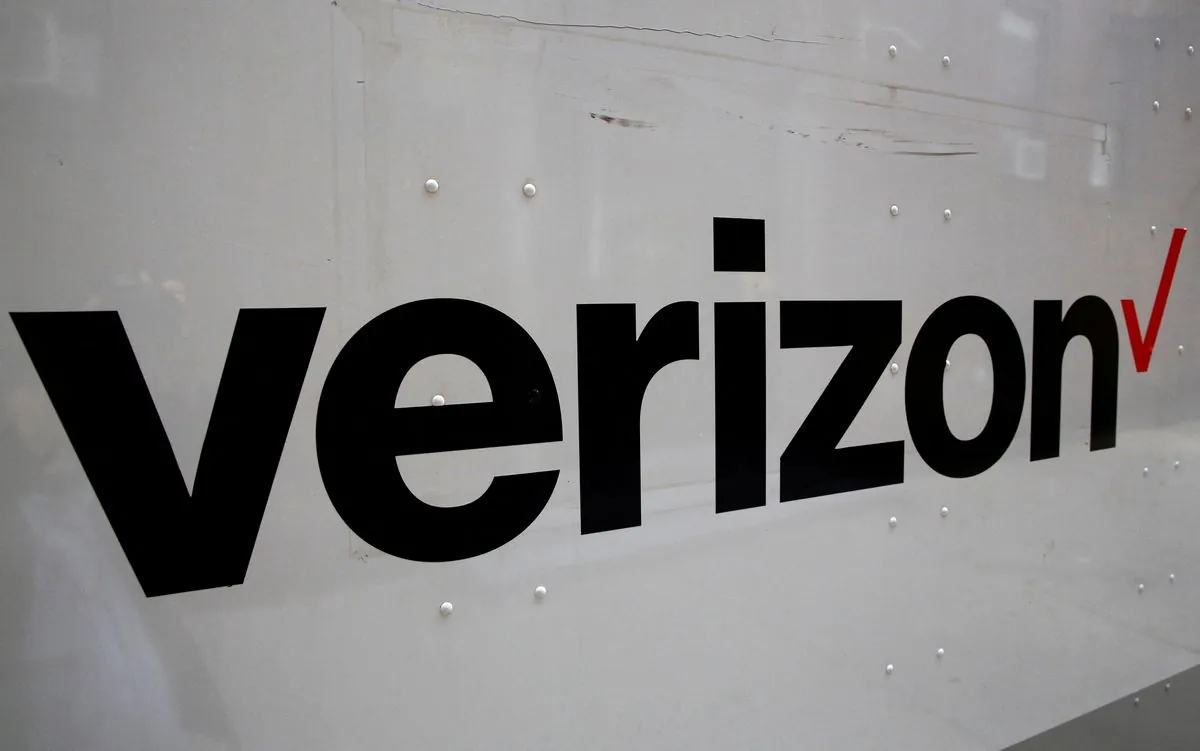In a significant move within the telecommunications industry, Verizon has announced its agreement to acquire Frontier Communications in a deal valued at approximately $20 billion. This strategic acquisition, revealed on September 5, 2024, includes $9.6 billion in cash and aims to bolster Verizon's fiber network presence across the United States.
The proposed transaction would bring Frontier's 2.2 million fiber subscribers across 25 states under Verizon's umbrella. This expansion is particularly noteworthy as Verizon's current fiber network is primarily concentrated in nine states in the Northeast and Mid-Atlantic regions. The deal represents a significant step in Verizon's efforts to enhance its competitive position in the fiber optic market.
Hans Vestberg, Verizon's Chief Executive Officer, stated:
"This is an opportunity to become more competitive in more markets throughout the United States, enhancing our ability to deliver premium offerings to millions more customers across a combined fiber network."
The acquisition is subject to approval by Frontier shareholders and is expected to conclude by March 5, 2026, approximately 18 months from the announcement date.
This deal highlights the growing importance of fiber optic technology in the telecommunications landscape. Fiber optic internet, capable of speeds up to 10 Gbps, offers significant advantages over traditional copper wire connections. The technology, first developed in the 1970s, has become increasingly crucial as internet usage continues to surge, with the United States boasting over 400 million internet users as of 2024.
The market's initial reaction to the announcement was mixed. Verizon's shares experienced a modest 1% increase in early trading on September 5, 2024. Conversely, Frontier's shares declined by 9% on the same morning, following a 34% surge the previous day when the Wall Street Journal reported on the potential deal.
Under the terms of the agreement, Verizon will pay $38.50 per Frontier share, representing a 37% premium over Frontier's closing price on September 3, 2024. This valuation reflects the strategic importance Verizon places on expanding its fiber network capabilities.
The telecommunications industry, which contributes approximately 2.5% to the US GDP, has seen significant consolidation in recent years. This acquisition, while substantial, falls short of the largest telecom merger in US history - the $85 billion AT&T-Time Warner deal in 2018.
For Frontier Communications, founded in 1935 as Citizens Utilities Company and rebranded as "Frontier" in 2016, this acquisition marks a new chapter. The company emerged from Chapter 11 bankruptcy in 2021, and this deal with Verizon represents a significant turnaround in its fortunes.
As the global fiber optics market is projected to reach $9.5 billion by 2027, this acquisition positions Verizon to capitalize on the growing demand for high-speed internet services. The combined entity will be better equipped to compete in the US telecom market, currently dominated by four major carriers: Verizon, AT&T, T-Mobile, and Sprint (now part of T-Mobile).
This developing story underscores the ongoing evolution of the telecommunications landscape, as companies strive to meet the increasing demand for faster, more reliable internet connectivity across the United States.
